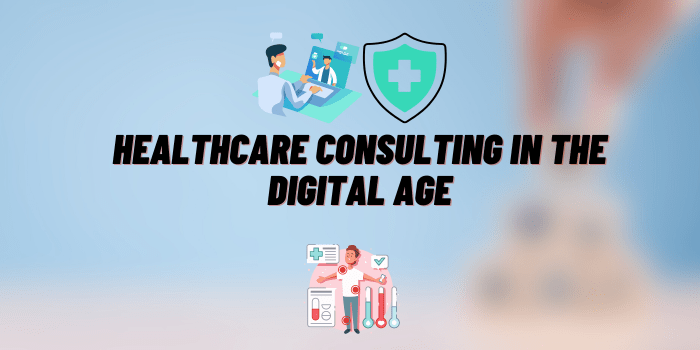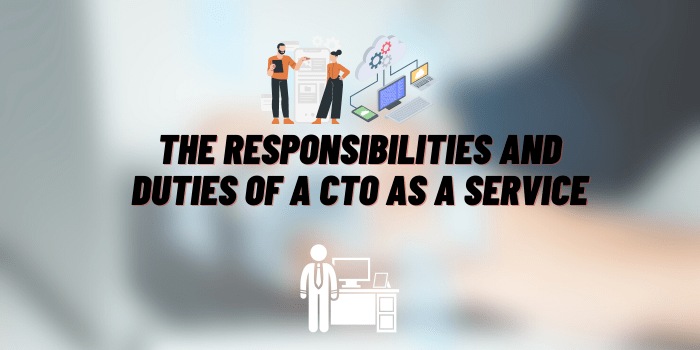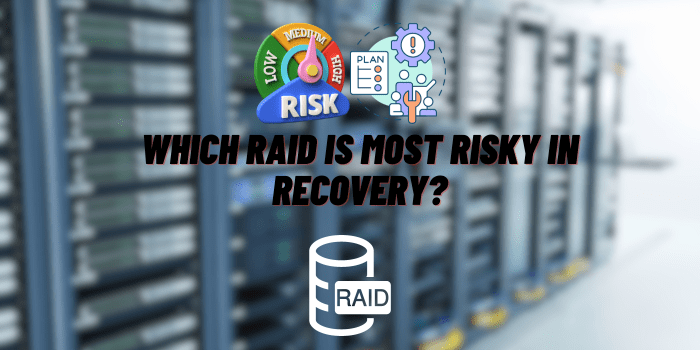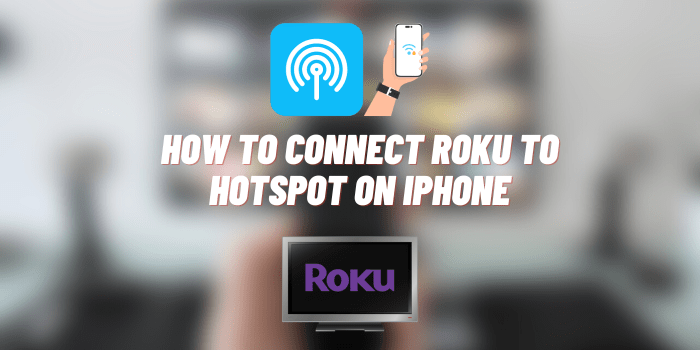Navigating Regulatory Compliance with Technology: Healthcare Consulting in the Digital Age
Regulatory compliance in healthcare refers to adherence to laws, guidelines, and regulations that govern the industry. These standards ensure patient safety, quality of care, and the confidentiality of patient information. Compliance is crucial for protecting patient data from breaches, unauthorized access, and misuse. It safeguards the integrity and privacy of medical information and builds trust between healthcare providers and patients.
The advancement of technology has played a vital role in easing compliance by automating processes, enhancing security measures, and enabling better data management. Healthcare consulting has emerged as a significant player in guiding healthcare institutions through the maze of regulations. Consultants provide expertise, technology integration, training, and strategy development to help navigate compliance issues. This article explores how technology and healthcare consulting are shaping regulatory compliance in the healthcare industry, focusing on the challenges, risks, ethics, and future trends.
Historical Background

In the past, regulatory compliance was primarily manual and paper-based, involving cumbersome processes and limited tools to track and manage information. Over time, healthcare regulations have become more complex and detailed, reflecting the need for enhanced patient safety, privacy, and accountability.
With the rise of digital technology, tools like Electronic Health Records (EHR), data analytics, and encryption have become essential in meeting compliance requirements. Consulting services have evolved to fill the gap between regulatory demands and healthcare providers’ ability to comply, offering expertise and technological solutions.
Regulatory Compliance Challenges in Healthcare
Complexity of Healthcare Regulations
- HIPAA: The Health Insurance Portability and Accountability Act regulates patient data privacy in the U.S.
- GDPR: The General Data Protection Regulation governs data protection and privacy in the EU.
- FDA Regulations: These govern the quality and safety of medical devices and drugs.
Ensuring patient privacy requires constant vigilance, secure systems, and clear protocols for handling data. With different regulations across jurisdictions, compliance becomes a complex task requiring specialized knowledge and tools. Compliance requires investment in technology, training, and continuous monitoring, leading to significant costs.
Role of Technology in Navigating Compliance

Automation of Compliance Processes
- Benefits: Reduces manual errors, enhances efficiency, ensures consistency.
- Risks: Potential system failures, dependency on technology, cybersecurity threats.
These technologies allow for improved monitoring and analysis of compliance-related data, providing actionable insights. AI and ML enable predictive modeling and real-time monitoring, aiding in proactive compliance management.
Blockchain technology ensures the integrity and security of patient data by creating unalterable records. Several healthcare organizations have successfully implemented technology to streamline compliance, including the use of AI in fraud detection and blockchain for secure data sharing.
Healthcare Consulting in the Digital Age

Healthcare consulting services have evolved to meet the diverse and complex needs of the healthcare industry. These services can broadly be categorized into:
- Compliance Consulting: Specialized in assisting healthcare providers with adherence to regulations, offering audits, policy development, and compliance training.
- Technology Integration Consulting: Focusing on implementing, upgrading, or integrating technology to enhance efficiency and meet regulatory requirements.
- Strategic Planning Consulting: Providing guidance on long-term strategy, organizational structure, and performance improvement.
- Training and Development Consulting: Offering targeted training programs to enhance staff skills in areas such as compliance, technology utilization, and patient care.
Currently healthcare consulting services – Jelvix are increasingly utilizing cutting-edge technology to offer innovative solutions:
- Data Analytics: Using big data to analyze trends, identify gaps, and provide actionable insights for improved compliance and efficiency.
- Cloud Computing: Facilitating real-time collaboration and secure data storage, enhancing both accessibility and security.
- Artificial Intelligence (AI): Implementing AI to automate repetitive tasks, analyze large data sets, and provide predictive insights.
Consultants play a crucial role in guiding healthcare providers through the maze of modern healthcare:
- Strategic Alignment: Aligning technology and regulatory compliance strategies with organizational goals.
- Implementation Support: Assisting with the rollout of new technology or compliance initiatives, ensuring smooth transition and alignment with regulations.
- Continuous Improvement: Offering ongoing support, monitoring, and optimization to ensure that strategies remain effective and up to date.
With the continuous evolution of healthcare regulations and technology, training and development have become essential:
- Customized Training Programs: Tailoring training to the specific needs of healthcare providers, focusing on areas such as regulatory compliance, technology usage, or patient care.
- Ongoing Education: Providing continuous education to keep staff up to date with the latest changes in regulations or technology.
- Utilizing Technology in Training: Leveraging e-learning platforms, virtual reality, and other technological tools to provide engaging and effective training experiences.
Several examples highlight the value that healthcare consulting can provide:
- Implementing EHR Systems: A large hospital network partnered with a consulting firm to successfully integrate Electronic Health Records, enhancing efficiency, and compliance.
- GDPR Compliance Strategy: A European healthcare provider worked with consultants to navigate GDPR regulations, resulting in comprehensive compliance without sacrificing patient care.
- Telemedicine Integration: In response to the COVID-19 pandemic, a consulting firm helped a healthcare organization implement a telemedicine platform, ensuring continuity of care and compliance with relevant regulations.
Ethical Considerations

Striking a balance between data security and accessibility to authorized personnel is a delicate task that must be handled with care. Compliance requires not just legal adherence but also an ethical commitment to handling patient data with respect and confidentiality. Understanding and complying with varying cultural norms and legal regulations across different regions requires sensitivity and expertise.
Risks and Mitigations
These include cyber threats, system failures, and over-reliance on automation. Implementing robust security measures, regular monitoring, training, and contingency planning are essential to mitigate risks. Consultants offer specialized risk assessment and management strategies, providing tailored solutions based on an organization’s specific needs.
Future Trends and Implications
The use of predictive analytics will enable more personalized compliance approaches, enhancing efficiency and effectiveness. IoT devices will further enable real-time monitoring and compliance in healthcare, but they also introduce new challenges in data security. These technologies will revolutionize compliance training, offering immersive and interactive experiences.
Technology and consulting are likely to make healthcare more accessible and affordable by reducing compliance costs and enhancing efficiency. As technology evolves, new regulations may emerge, requiring continuous adaptation and innovation in compliance management.
Conclusion
Regulatory compliance remains vital in healthcare, ensuring patient safety, privacy, and quality of care. Technology has fundamentally changed compliance management, offering automation, security, and insights that were previously unattainable. Healthcare consulting has become an essential partner in navigating the complexities of regulatory compliance, providing expertise, technology solutions, and strategic guidance. The future holds exciting opportunities and challenges in regulatory compliance, with emerging technologies and evolving regulations shaping the landscape.






